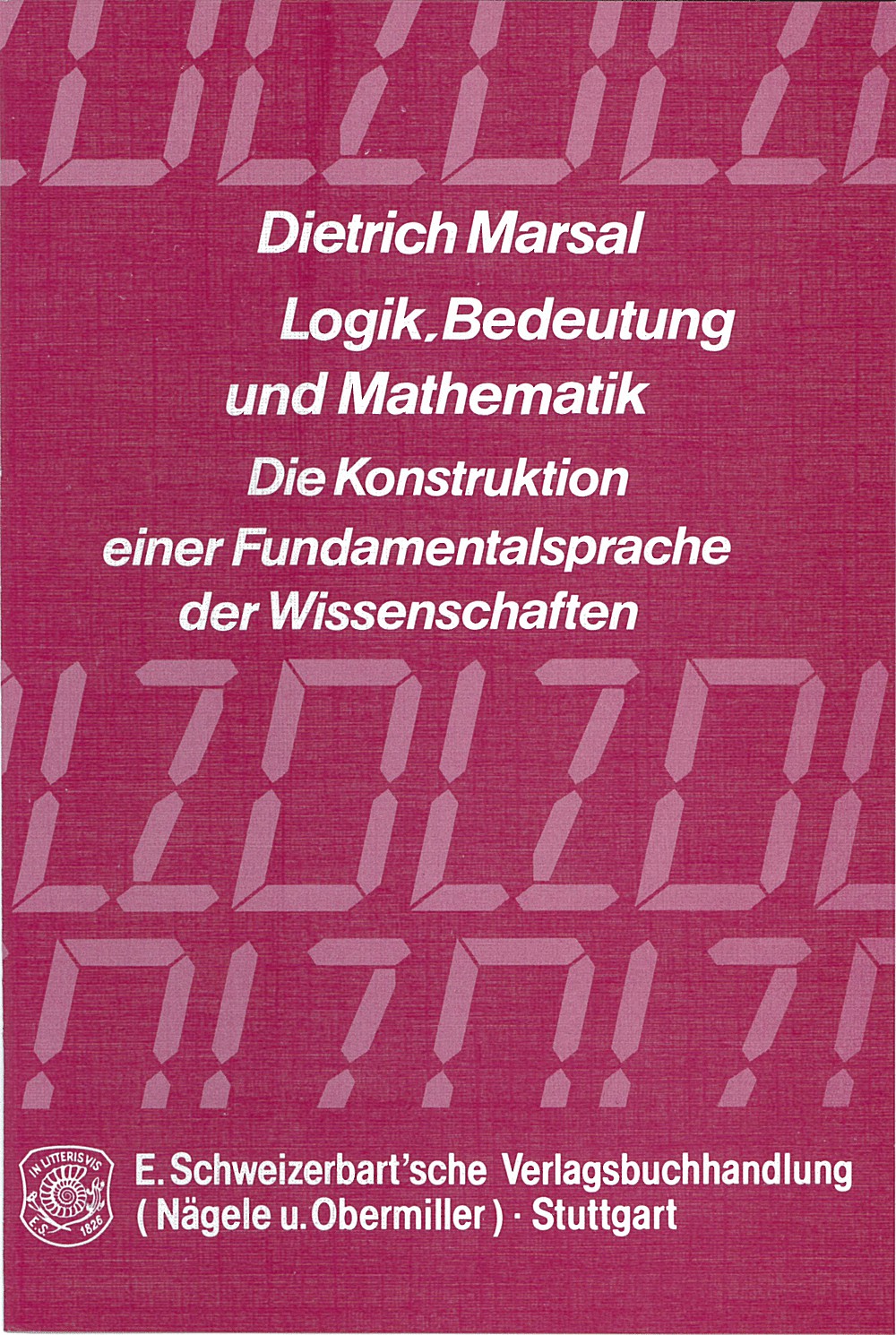In this treatise, an attempt is made to construct logic, mathematics, and the fundamental notions of science and the humanities on nine basic terms called "prime words". Though rigorous, the system is not restricted to assertions. It also accounts for the anbiguity of everyday language with its associative aspects, so conspicuous in normal discourse, literature, and so on. These nine basic modules are not derived from the language of
ordinary discourse nor do they rely on intuition. Their meanings are demonstrated by physical action, i.e. by selection and replacement. The outcome of this approach is a meaningful, universal meta-language of pre-linguistic origin. Every word of this meta-language is either a prime word or a string of prime words. The totality of all words is capable
of describing all of man's knowledge.
Since it is proved that any attempt to base technical language on colloquial explanations, as done to date, produces circular linguistic systems devoid of meaning, it is essential to start systematically from basic modules whose meaning must be demonstrated without using the language of ordinary discourse. This holds true for logic in the first place. It is demonstrated that all recommended systems of colloquial or formal logic are pseudorigorous creations constructed on uncertain foundations. It is indispensable, therefore, that any attempt to construct language and logic be derived from pre-linguistic roots
based on sensory perceptions.
Where does this lead? Every abstract word is either a prime word or a construct of several prime words. Since the meaning of prime words is derived from actions, in the last analysis, all concepts designate patterns of action and are thus matters of fact. Hume's dualism —
"matters of fact versus logic and mathematics" — is replaced by a monistic viewpoint, covering everything from mathematics to the shadow-line of mysticism, reviving John Stuart mill's ideas on the nature of logic and mathematics in a somewhat different form. Since concepts have a certain universality which action patterns do not, the existence of certain (genetically programmed) pre-linguistic innate ideas relating to the concept of universality must be assumed.
Of interest to: philosophers, mathematicians, logicians, philologists, (mathematical, cybemetical, structural) linguists, experts of computer languages and the problems of artificial intelligence; humane and scientific libraries.
